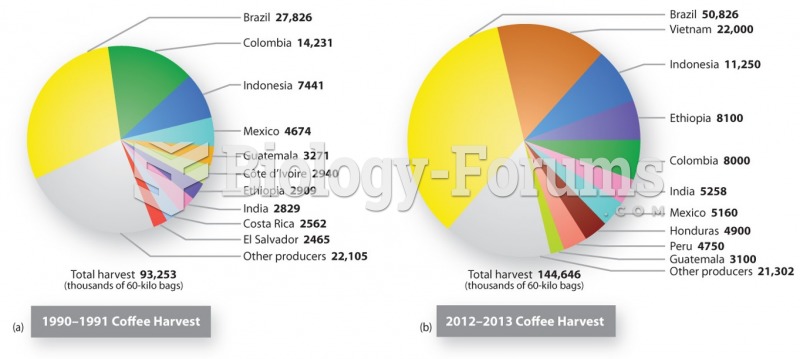Answer to Question 1
Answer: Most businesses use social media to attract customers, maintain customer relationships, and build trust for their brand. They also use social media as a starting place for e-commerce.
However, global culture and politics impact how social media serves business purposes. A survey from the European commission found that Only 18 of EU internet users buy online in another language frequently or all the time, and 42 said they never buy online in a language other than their own. This finding suggests that U.S. businesses that want to attract European customers would benefit from providing sites in multiple languages. Research suggests that individualistic cultures (which are prevalent in developed economies like the U.S.) are more likely to trust e-commerce because purchases are backed by mechanisms based on individualistic cultural norms: guarantees, laws and policies, and security measures. By contrast, more collectivist cultures. These mechanisms are less relevant in collectivist cultures such as those in South America and Africa, which rely more on a sense of community and social position for trust. Although China does not allow Facebook, Twitter, and Youtube, China has the most active social media environment in the world, and social media plays a significant role in consumers' purchasing decisions. For example, research has found that purchasers rely on recommendations from opinion leaders in their social networks. Purchasers are also influenced by social media that is entertaining. The cosmetic company Clinique achieved great success by producing a 40-episode social media drama series called Sufei's Diary that displayed Clinique products but that viewers perceived as entertainment. Clinique's brand awareness rose dramatically.
Answer to Question 2
Answer: The more quantifiable your metrics are, the more easily you will be able to determine whether your communication is a success and how you make it even better. Social media and webhosting companies offer analytic tools that not only measure numbers, such as clicks and likes, but also help you perform qualitative analyses such as customer sentiment analysis. Qualitative analysis helps you gauge if, where, and to what extent people are talking positively or negatively about your business or product online. To gather more information, you can supplement this data with customer surveys. Experts recommend collecting monthly statistics and conducting regular evaluations to monitor and adjust your strategy.







